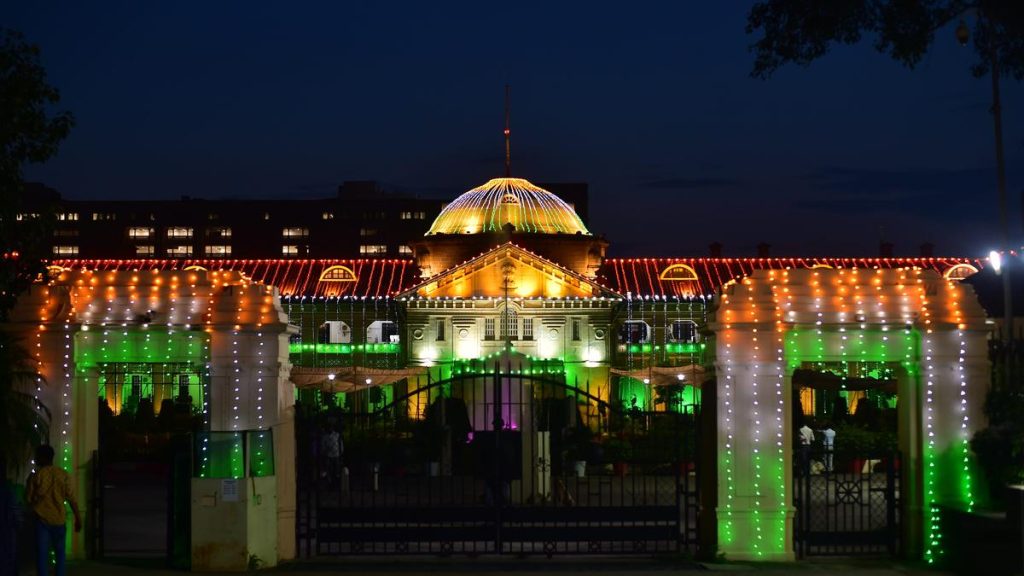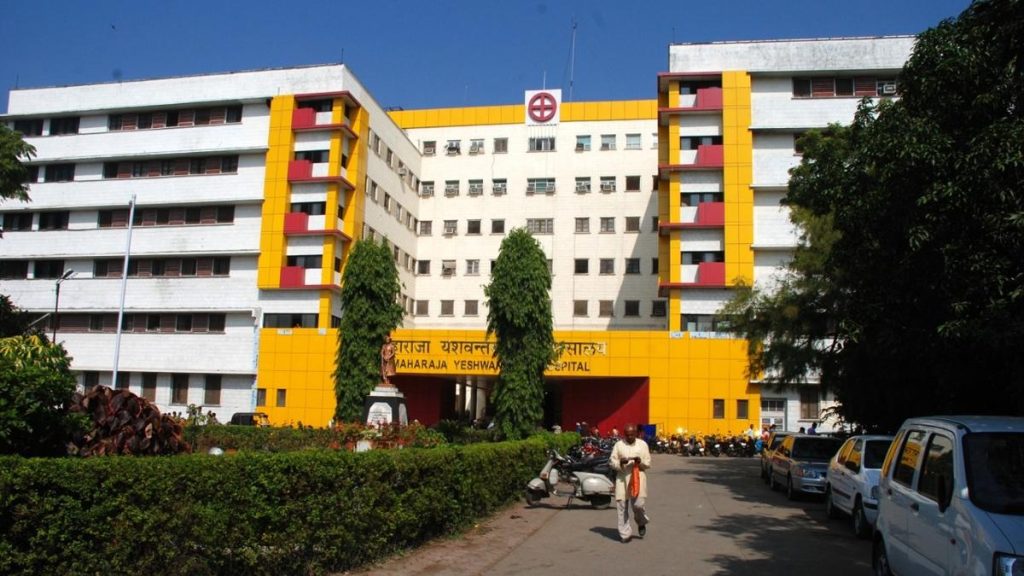Now Reading: Bihar Cabinet Clears Plan for Seven New Medical Colleges Across Districts
-
01
Bihar Cabinet Clears Plan for Seven New Medical Colleges Across Districts
Bihar Cabinet Clears Plan for Seven New Medical Colleges Across Districts

Quick Summary
- Medical Colleges: Bihar Cabinet approved opening government medical colleges and hospitals in seven districts-Kishanganj, Katihar, Rohtas, Sheohar, Lakhisarai, Arwal, and Sheikhpura.Currently, there are 12 state-run medical colleges and 20 under construction.
- Women’s Entrepreneurship Scheme: ₹20,000 crore sanctioned under mukhya Mantri Mahila Rozgar Yojana. Women entrepreneurs will receive ₹10,000 initially to start businesses; an additional ₹2 lakh may follow after six months based on performance.
- Job Creation: Approved 3,233 posts across government departments:
– SC/ST department: 1,800 teaching/non-teaching posts for new residential schools (40).
– BNSS implementation: 760 posts created for prosecution cadre strengthening.
– Prohibition Unit: Created a separate “Prohibition and State Narcotics Control Bureau” with 88 posts to focus solely on narcotics control.
– Engineering/polytechnic colleges: Posts created for faculty/staff in these institutions.
- Salary Adjustments:
– Increased risk allowance by up to ₹25,000/month for ATS police personnel.
– Stipend hikes for medical interns (₹27k from ₹20k) and physiotherapy/occupational therapy interns (₹20k from ₹15k).
– Honorarium raises include Gram Kutchery Secretaries (₹6k → ₹9k) and Technical Assistants (₹27k → ₹40k).
- Cricket Stadium Operations Transfer: Under-construction International Cricket Stadium at Rajgir handed over to Bihar Cricket Association for maintenance; may host international matches.
- Contingency Fund Hike: temporarily increased Bihar Contingency Fund corpus to approximately ₹12.67K crore till March 2026.
Indian Opinion Analysis
The Bihar Cabinet’s decisions reflect a clear emphasis on enhancing key sectors such as healthcare infrastructure, women’s entrepreneurship opportunities through significant investment schemes like the Mukhya Mantri Mahila Rozgar Yojana ($2 billion equivalent allocation), educational expansion via job creation in schools/colleges aimed at underserved communities like SC/STs-a move that can positively contribute toward human capital generation.
One important decision-the establishment of dedicated narcotics enforcement-signals intent toward confronting emerging concerns involving drugs within the region more optimally rather unique specialization however such long-term impactfulmeasurement systemic sufficiency scales path forward sustainable emerge fully unfold educational likewise budgets linking..

























